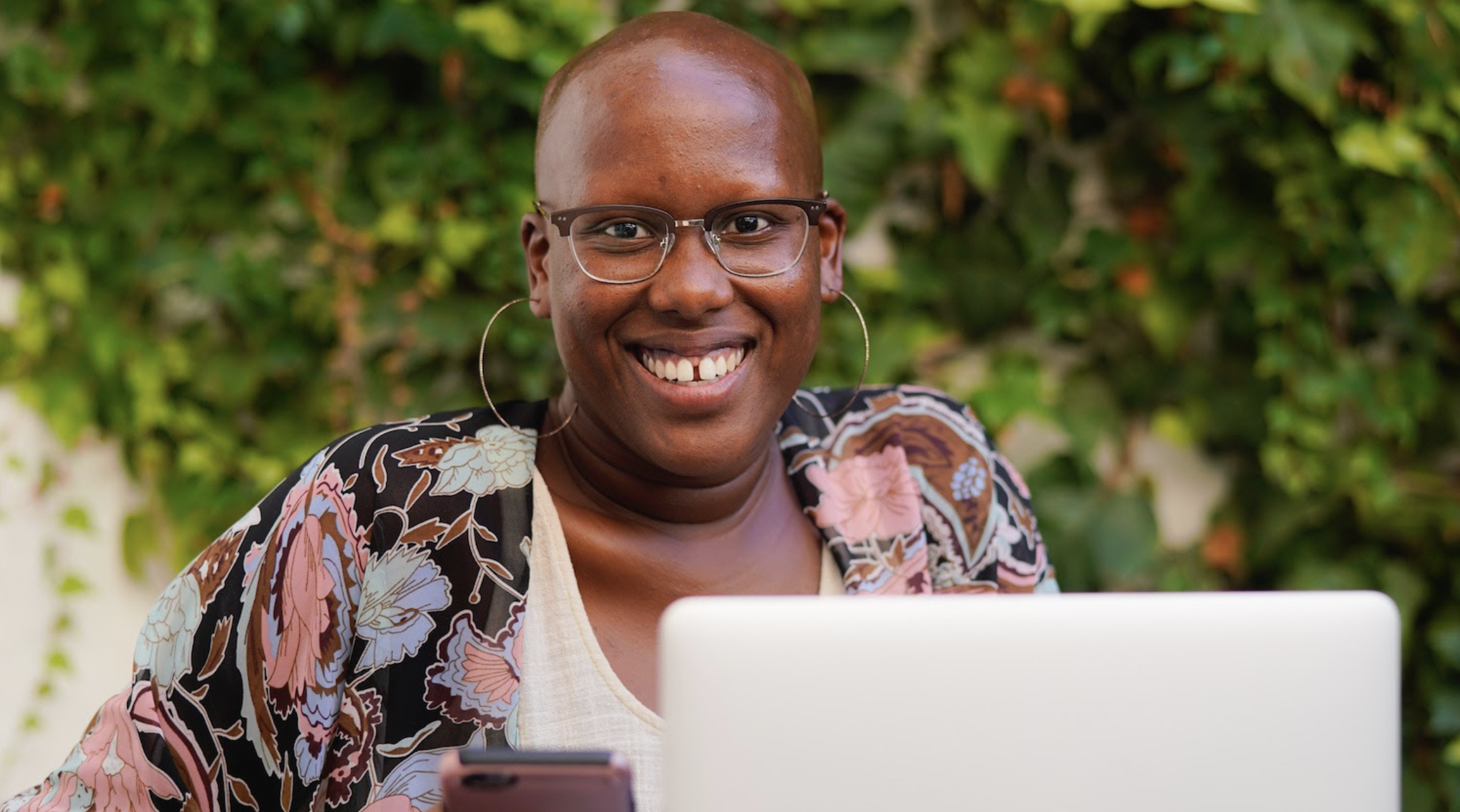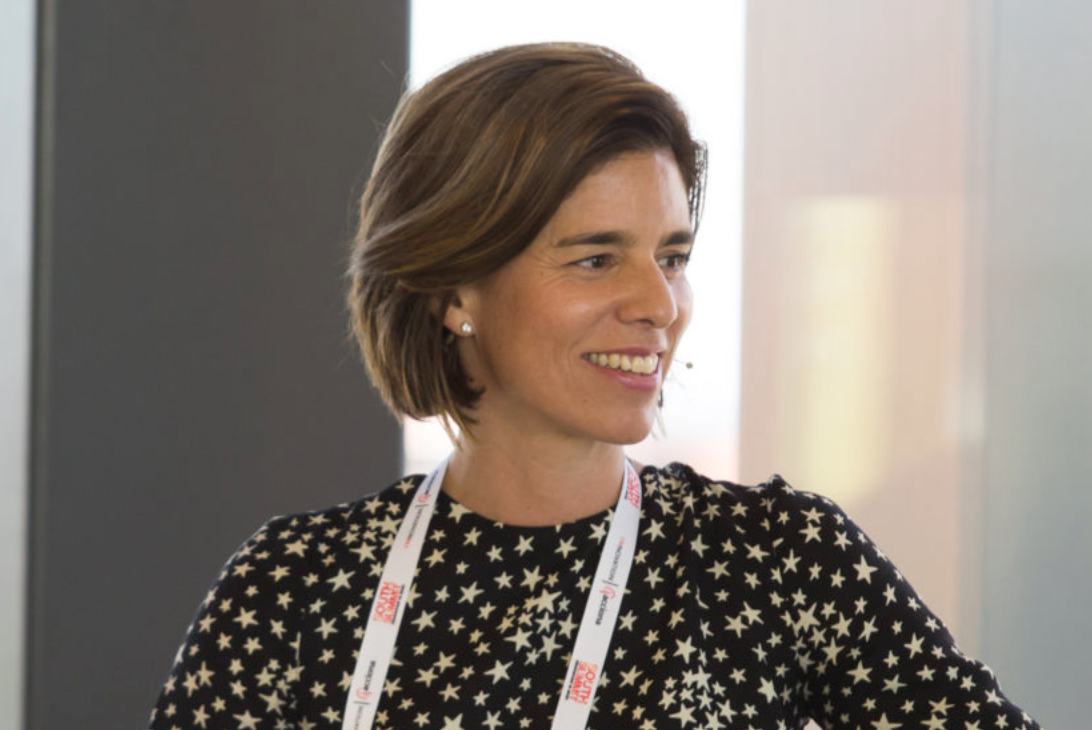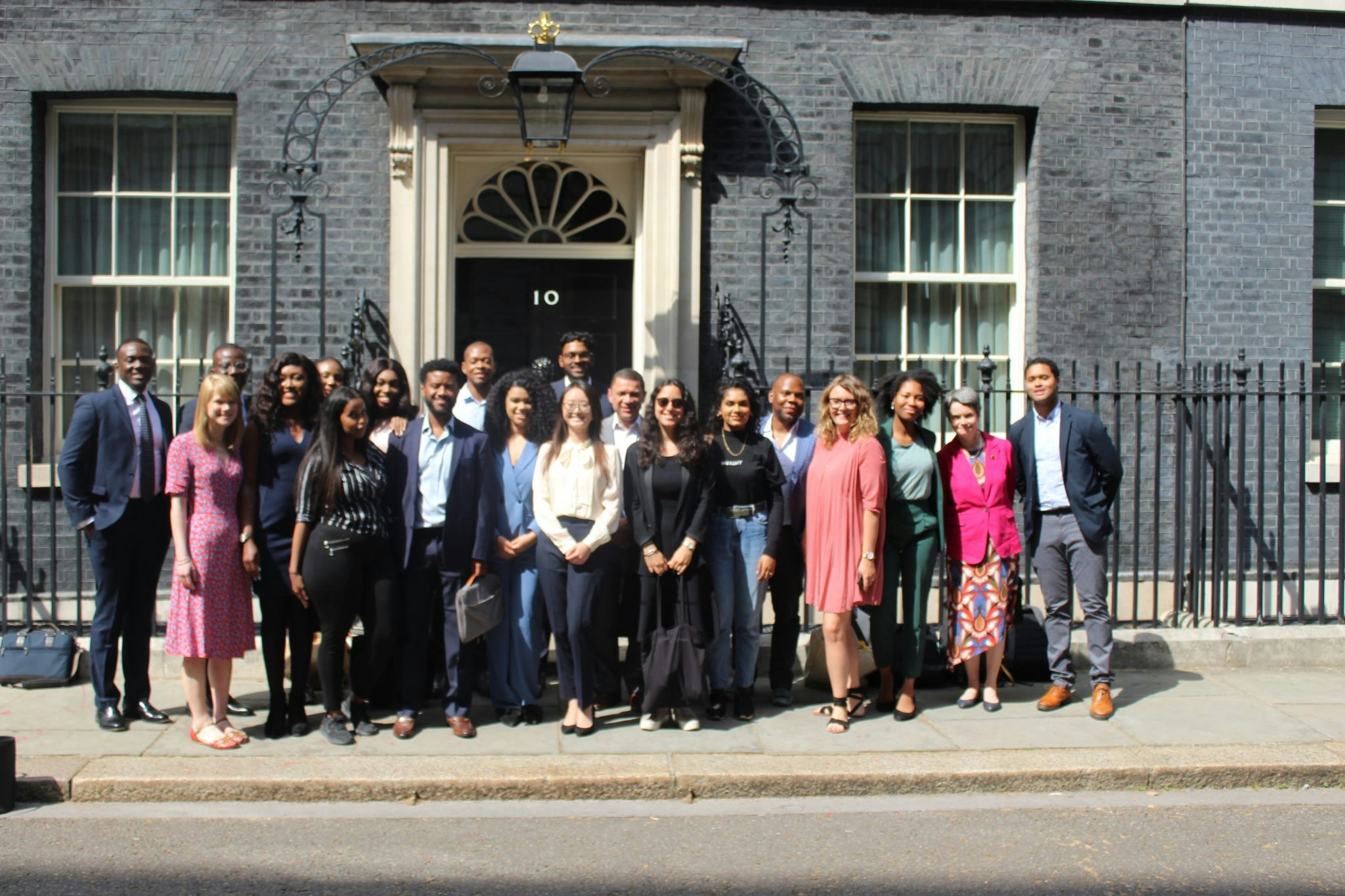Like the rest of Europe, Portugal has a problem with gender diversity in the entrepreneurial ecosystem, and with less than 10% of founders being women, the country is not exactly leading the pack.
But this isn’t the whole story. When it comes to female scientists and engineers, Portugal has one of the highest rates of gender diversity in Europe, with 51% being women.
So what is going wrong with converting Portuguese technical talent into startup success? We asked some of Portugal’s top women investors about their own investment track record, and about what can be done to encourage — and back — more female founders.
Sifted identified contributors holding senior positions in investment funds, as well as prominent angel investors. Some of the women we contacted weren’t able to respond to our questions, but those who did all had big ideas for how to shift the balance in Portuguese tech.
Ana Paula Reis
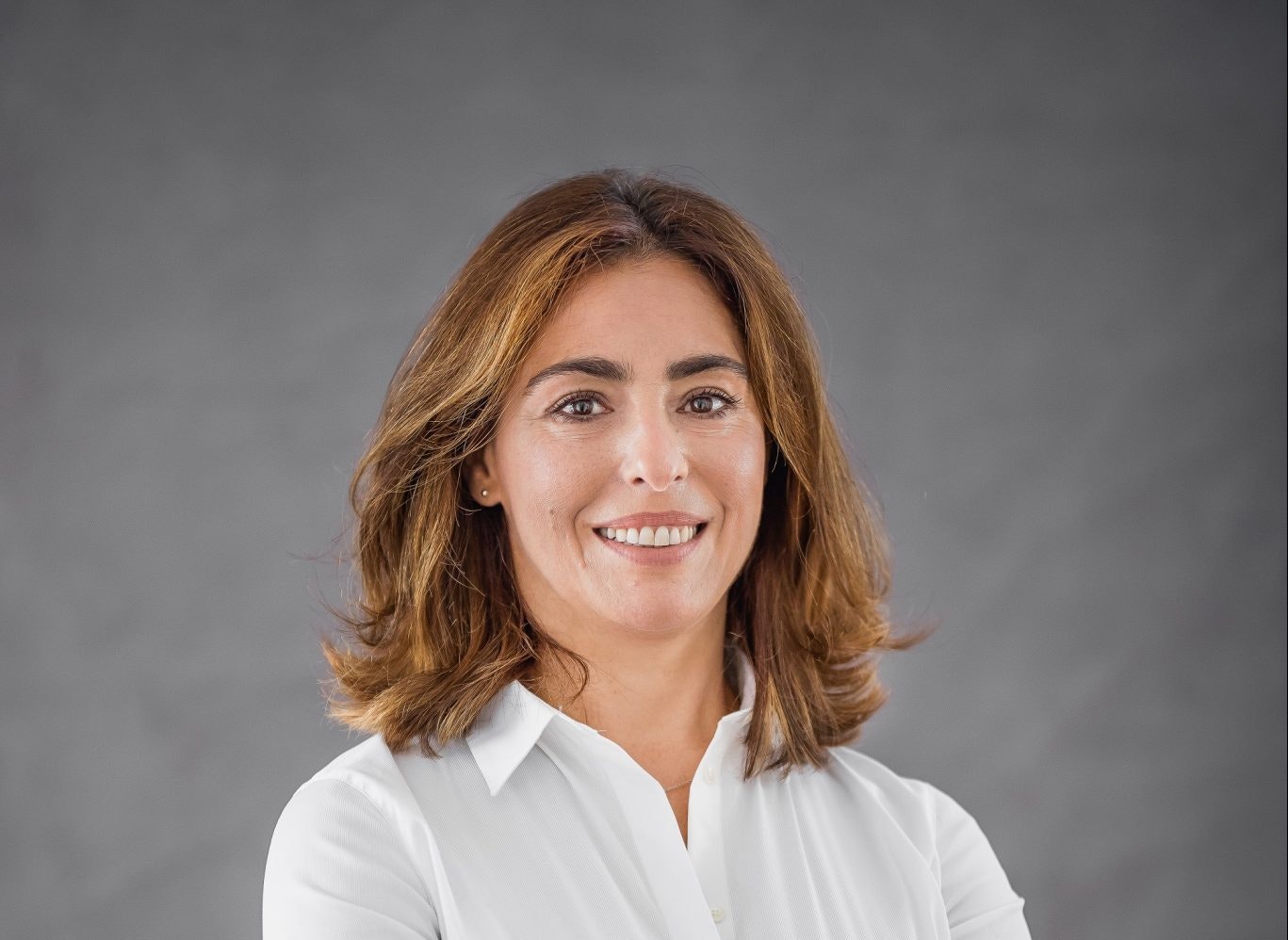
If startup success is mainly about the team, diversity should be there right from start.
Ana Paula Reis is a board member of Lisbon-based Bynd Venture Capital, an early-stage investment firm focusing on digital technologies and sustainability. She’s also president of the investment committee at Startup Discoveries, an acceleration programme based in Lisbon.
Recent investments
In the last five years I have been involved in 15 startup investments.
How many of those have had a woman in the founding team?
From the 15 startup investments that I was involved in through Bynd Venture Capital, two of them have women founders. (These include medical travel company MedicalPort and football shinguard maker SAK)
What can be done to improve the participation of women in the entrepreneurial sector in Portugal?
In the startup scene, the main goal of all involved is to act and get all the needed resources to take companies to success. Understanding diversity’s contribution to that goal is one way to make it top of the agenda from inception. If startup success is mainly about the team, diversity should be there right from start.
It is high time for venture capitalists to seriously face up to it and have diversity balanced boards and management. Setting the example and the proper business culture is a must for positive change – fortunately enough, that is the case at Bynd Venture Capital.
Ana Xavier
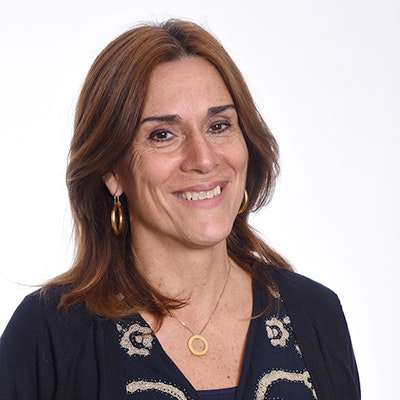
Ana Xavier is investment manager at Portugal Ventures, a VC firm focused on seed investments in technology, tourism and life sciences. She’s been working in venture capital for 15 years, and previously worked at Portugal’s national innovation agency, assessing and monitoring projects.
Recent investments
Portugal Ventures has made more than 100 investments in the last eight years.
How many of those have had a woman in the founding team?
From those investments only eight companies were founded by women.
What can be done to improve participation of women in the entrepreneurial sector in Portugal?
It is all about mentality and culture — the great challenge is changing mindsets, which is a long-term task! This could be changed simply by investing in education.
Some ideas:
Inspire female students to consider careers in technology, entrepreneurship and innovation, showing women’s success stories, promoting positive role models.
Organise activities, at primary and secondary education level, that can promote digital and entrepreneurial skills for girls and boost female participation in science, technology and business.
Cintia Mano
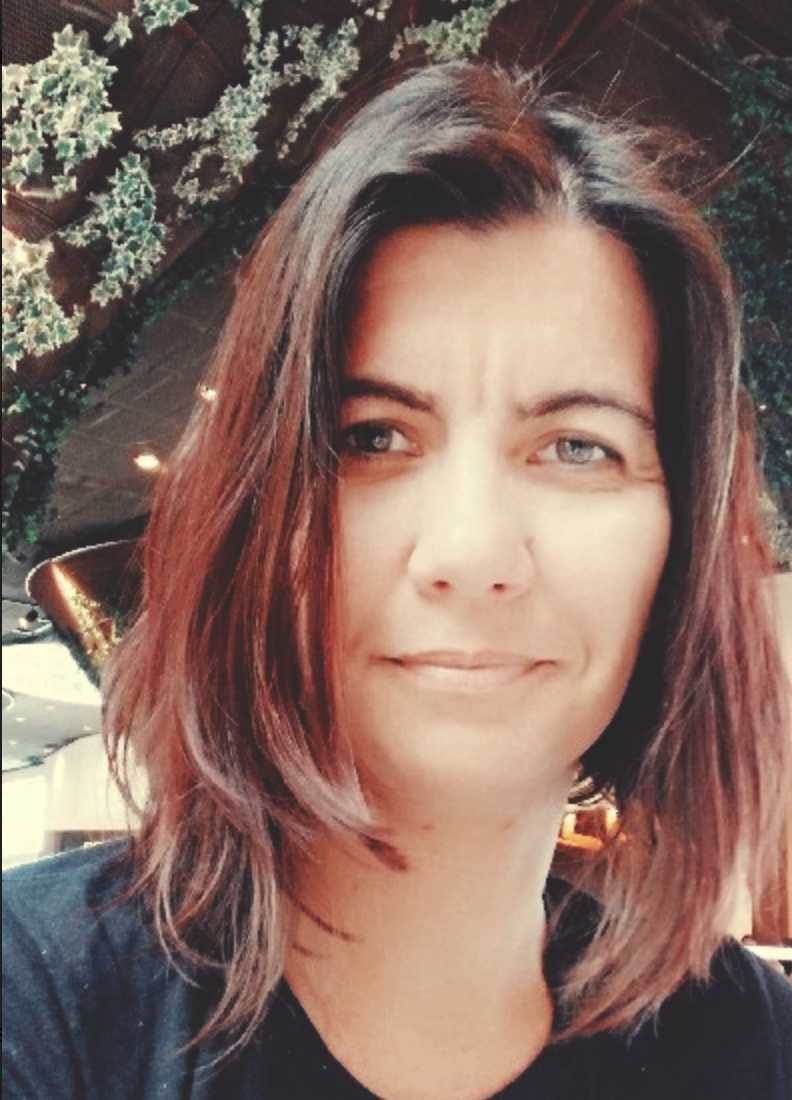
Cintia Mano is an angel investor, helping companies grow in both Portugal and Brazil. She’s a member of the CORE Angels network, a group of business angels investing in Brazilian startups expanding to Europe, and REDangels, one of Portugal’s most prominent angel investor networks.
Recent investments
I've been involved in more than 25 investments in the last five years.
How many of those have had a woman in the founding team?
Five startups with a woman in the founding team.
What can be done to improve participation of women in the entrepreneurial sector in Portugal?
I would mention three actions.
- To stimulate more new female founders, I would encourage entrepreneurship education, from high school level. I had an incredible experience as a mentor of entrepreneurship programmes for teenagers. It stimulates girls and boys and shows them that gender really doesn't matter.
- Increasing female participation in investments can be done by attracting women to senior positions in VCs. This means, bringing our perspective into portfolio management and decisions about investment thesis. Also, attracting and educating potential business angels, increasing female money on the table.
- I believe the entrepreneurship ecosystem fails in supporting founders (men or women) when things are not doing well. When it comes to female founders, it is even worse. Some of my mentees are women and it is clear that they don't feel understood, represented or even respected sometimes. And if even traditional companies are looking for diversity, recognising its impact in results, I don't see a reason why the entrepreneurship ecosystem would not do it.
Cristina Fonseca
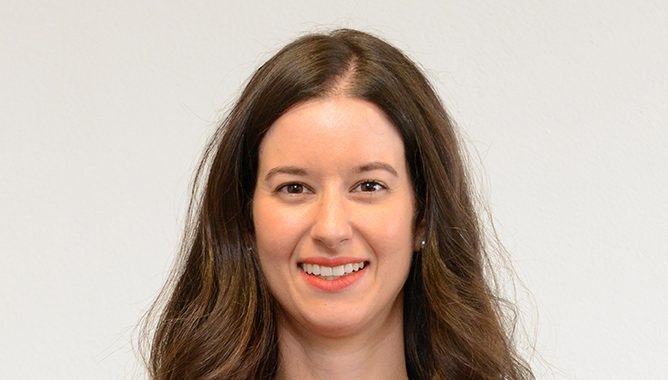
These numbers don't make us very proud but they reflect the pipeline that comes to us
Cristina Fonseca is a cofounder and venture partner at Indico Capital Partners, a Lisbon-based VC firm focusing on seed and Series A investments. She’s also a cofounder of Talkdesk, a San Francisco-based cloud call centre startup which has attracted more than $120m in funding.
Recent investments
We've done 10 investments since the beginning of 2019 when we officially started to operate.
How many of those have had a woman in the founding team?
One had a woman in the founding team (Unbabel).
What can be done to improve participation of women in the entrepreneurial sector in Portugal?
We need to work more on the foundation and early stages. These numbers don't make us very proud but they reflect the pipeline that comes to us. Working in the early stages and helping more female led companies reach seed and Series A is the way to go. For example we are launching a pre-seed programme in partnership with Google for Startups where we invest €100,000 per company. From the 6-8 companies that we will select, three have female founders!
Lurdes Gramaxo
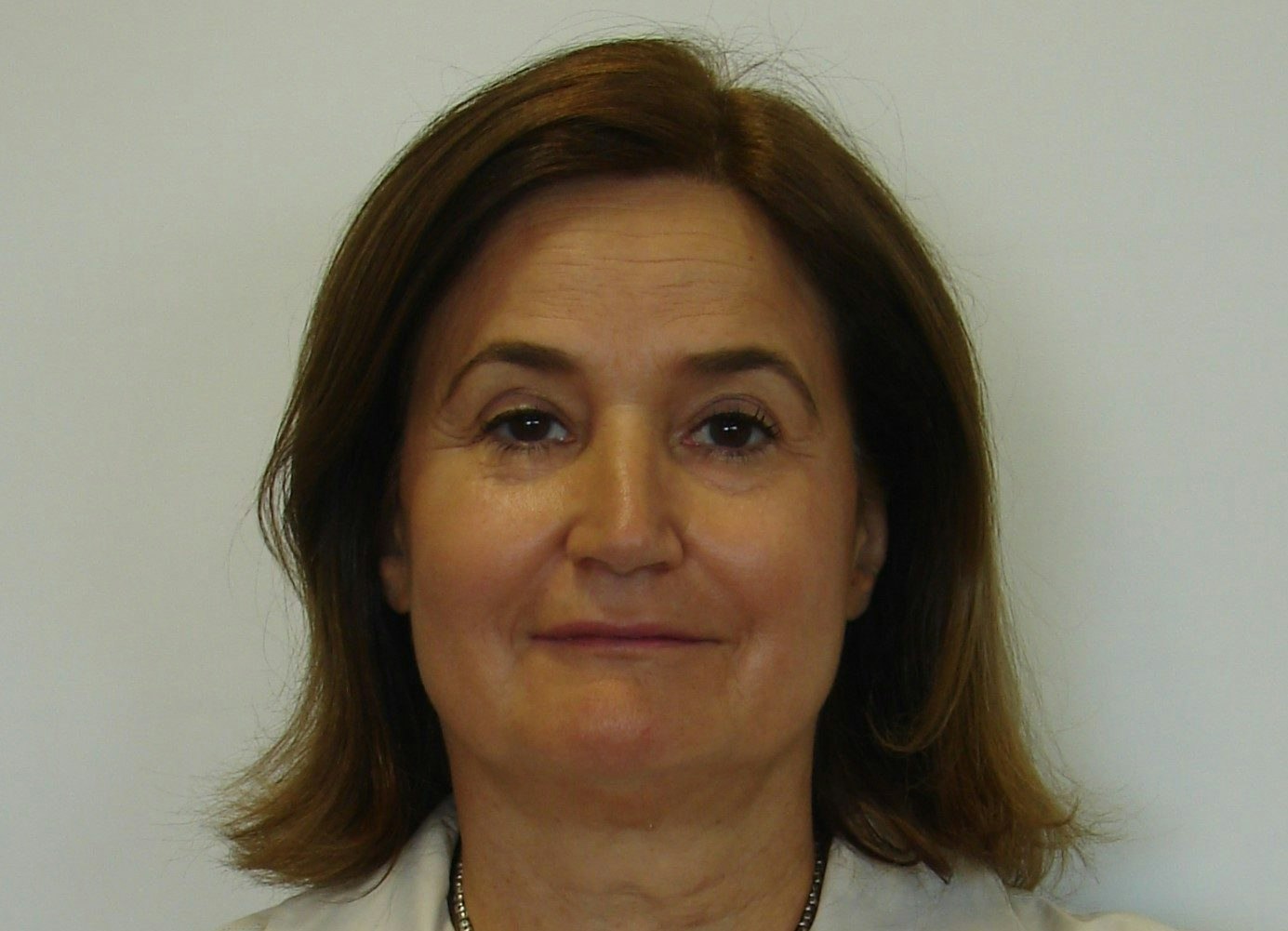
It is the awareness of the success of women in entrepreneurial roles that will change the overall picture
Lurdes Gramaxo is our second investor from Bynd Venture Capital, where she is a partner and executive director. She’s also been a board member of the Portuguese Association of Business Angels since 2015.
Recent investments
Over the last five years, I’ve been involved in the analysis of more than 500 startups each year, of which 22 resulted in investment — 15 in Portugal, and seven in Spain.
How many of those have had a woman in the founding team?
From the 22 invested companies, five startups have women founders, all located in Portugal (Didimo, DefinedCrowd, FastInov, Casafari, and SAK). Besides these five female-founded startups, Bynd also has three older companies in the portfolio founded by women.
What can be done to improve the participation of women in the entrepreneurial sector in Portugal?
The representation of women founders in Bynd’s portfolio is not the norm in this sector, or in Portugal. Likewise, it’s not normal to find a VC’s executive board with total gender parity like ours. Probably one thing helps the other, and one of our criteria for valuation of any investment is the diversity and complementary nature of the team. When financing early-stage startups, the quality of the founding team accounts for an important part of the assessment and is fundamental for the future success of any project.
Besides what any government may rule to impose parity — and Portugal is well advanced in this field — it is the awareness of the success of women in entrepreneurial roles that will change the overall picture. Portuguese women are very successful in education and professional terms, so it is a question of giving them the opportunity to show off as entrepreneurs.
Maria Costeira

Gender inequality is a problem, but racial inequality is even a greater one. How many startups with non-white founders do we see across Europe?
Maria Costeira is an entrepreneur and investor with a focus on life sciences and nanotech. In 2017 she was appointed as a project evaluator for the European Innovation council, and she is head advisor for health and nanotech at the Portuguese accelerator Startup Braga.
How many investments have you been involved in in the last 5 years?
Around 20, in both Portuguese and international companies.
How many of those have had a woman in the founding team?
None. Only two women-led projects were presented: one was not a fit for our portfolio, and the other, the entrepreneur gave up on the project.
What can be done to improve participation of women in the entrepreneurial sector in Portugal?
There is an underlying bias against women that has been thoroughly studied. How do we address this bias? Making sure that investors are aware of it, and have the willingness to fight it, starting with some smaller changes like having more women on their investment team.
Secondly, there is a cultural perception, a primal thought linked to physical performance, that women are weaker and that, under difficult circumstances, they will fail, so it is a safer bet to invest in men-led organisations.
We need to increase the number and visibility of female role models. This problem affects women in executive roles, as well as in computer sciences and overall, in STEM.
Women mentorship programs, which already exist in the country, need to be more widespread and high school and college programs should be implemented (‘women entrepreneurship classes’) and perhaps even stronger state incentives should be created for women-led organisations.
Finally, gender inequality is a problem, but racial inequality is even a greater one. How many startups with non-white founders do we see across Europe? How many corporate executives? Again, the bias is there. As a society, we need to leave behind the underlying prejudice and embrace diversity.
Marta Palmeiro
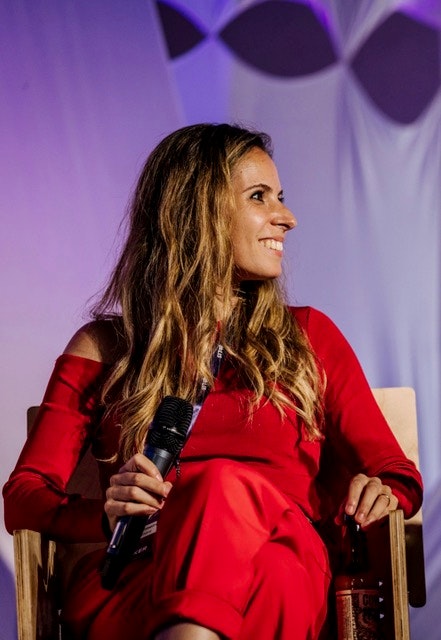
We need to give more visibility to female founders
Marta Palmeiro is a Lisbon-based investor and founder with a background in investment banking. Marta is a general partner at Pier Partners, and specialises in fintech investments. Last year she founded StudentFinance, a startup which seeks to remove financial barriers to higher education.
Recent investments
I’ve made seven investments in the last five years.
How many of those have had a woman in the founding team?
One.
What can be done to improve participation of women in the entrepreneurial sector in Portugal?
First we need to give more visibility to female founders and build more room for networking and sharing of experiences. It's important to be open and realistic about the commitment that goes into building a company but show that entrepreneurship and family are compatible.
Universities also play an important role in building more awareness around entrepreneurship as a career path and exposing students to a diverse network. I am frequently in contact with young women interested in starting a career in banking that had never thought of venture capital or entrepreneurship as an alternative.
We also need more women at the investment table. This simultaneously brings a more diverse perspective into the investment decisions and makes female founders feel more supported.
In recent years we have seen the development of female-centric projects like Portuguese Women in Tech and SheCodes, which are having an important role in building a female network and skills within the tech and startup ecosystem.
Sofia Santos
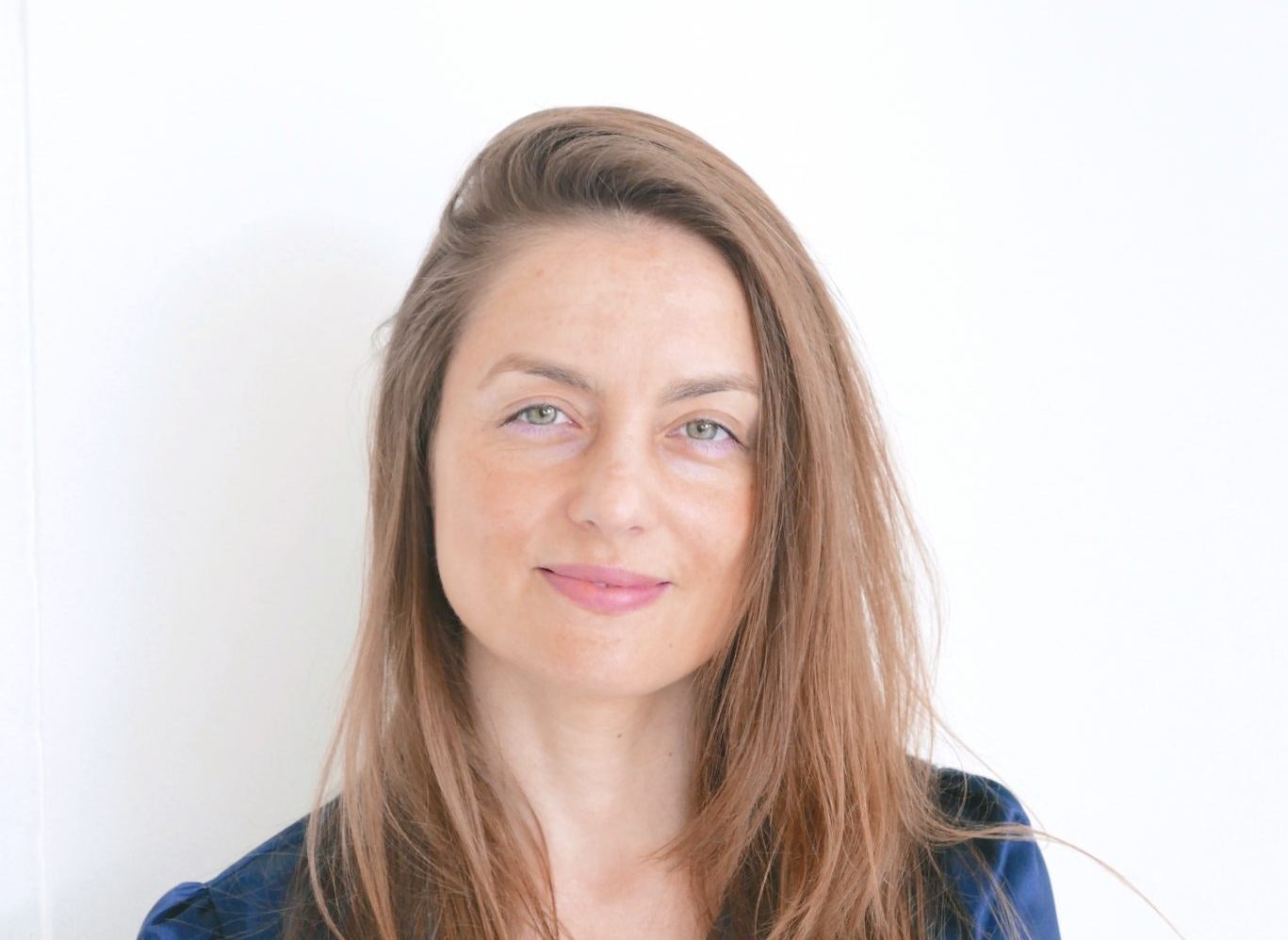
Since joining in 2013, Sofia Santos has risen up the ranks of Lisbon-based Faber Ventures, where she is now a partner. Before joining Faber, she worked as a human capital consultant and studied impact investing at Oxford University’s Saïd Business School.
Recent investments
We backed 19 companies in our first portfolio. By the end of 2019 we started to build our second one, and we’ve made three investments so far.
How many of those have had a woman in the founding team?
In our first portfolio, we had approximately 25% of women founders. In the recent investments, two out of three have women as cofounders.
What can be done to improve the participation of women in the entrepreneurial sector in Portugal?
We need to build more room for women to develop leadership skills and make women leaders more visible, acting as role models to bring confidence and incentivise other women to embrace risk. Portuguese society needs to learn how to value women's voices as business leaders and be more focused on fairness and merit because keeping the status quo won't work for anyone.
Promoting access to financing is one of the most significant aspects to unlock the value that Portuguese women can add to the economy, particularly in STEM fields. As a woman, I feel the responsibility to be actively looking to invest in gender-balanced teams to allow women to build their path and have an active voice.
Moreover in Portugal, women are tied in a complex social web of having to manage work-life balance (a huge burden) and a considerable wage gap, which limits our autonomy to venture into new businesses and to invest in our careers. The change will require the mobilisation of women and men to develop together a new standard in cooperative frameworks at a personal and professional level.

